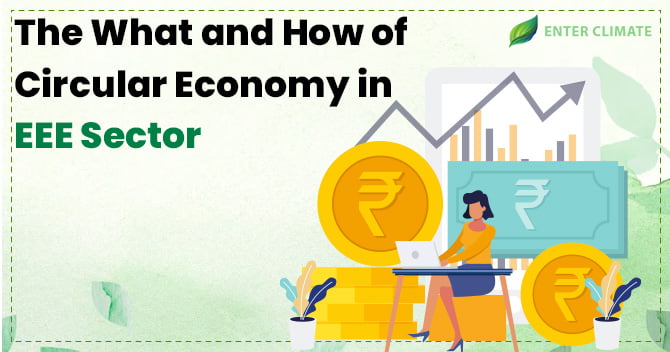
The What and How of Cir...
The circular economy is defined as the economic model of production and consumption, which mainly involves repairing, reusing, recycling, refurbishing, sharing and leasing the materials, thereby exten....Read More

E-Waste Auction Regulat...
Auctions are not just an event for sale and purchase. They can also act as an opportunity for any waste-related business that wants to take its business to the next....Read More
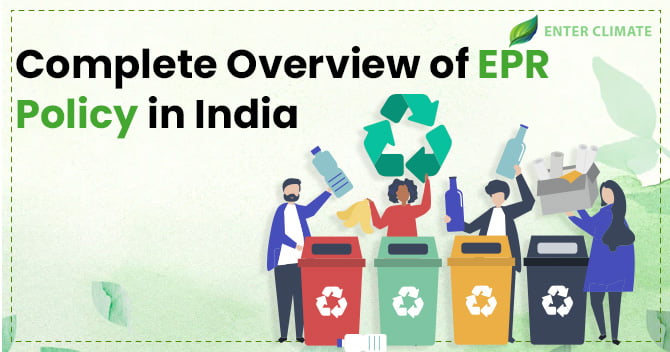
Complete Overview of EP...
The E-Waste (Management and Handling) Rules, 2011, first introduced the concept of EPR. The Ministry of Environment, Forest and Climate Change (MoEF&CC) notified the EPR guidelines in the Fourth A....Read More
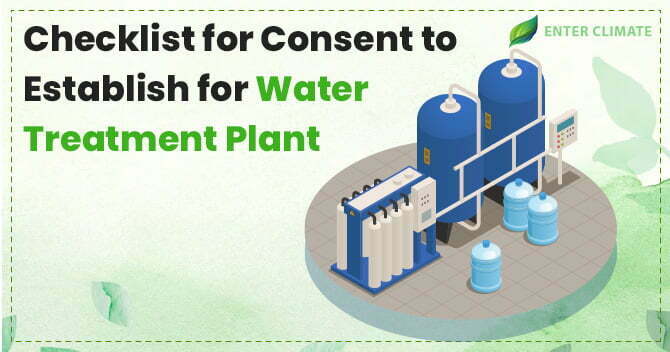
Checklist for Consent t...
Wastewater from industries and households has to be treated before it can be discharged into the environment. A water treatment plant (WTP)generally refers to units that treat ground or stored....Read More
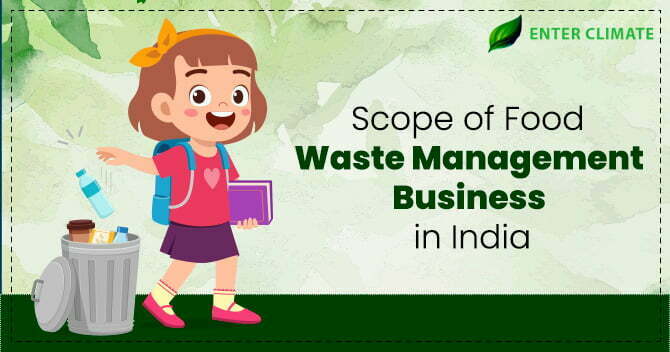
Scope of Food Waste Ma...
Food generally refers to what we consume, but when discussing food waste management, the term 'food' includes food items such as uncooked, cooked, processed food, and food grains. In this....Read More
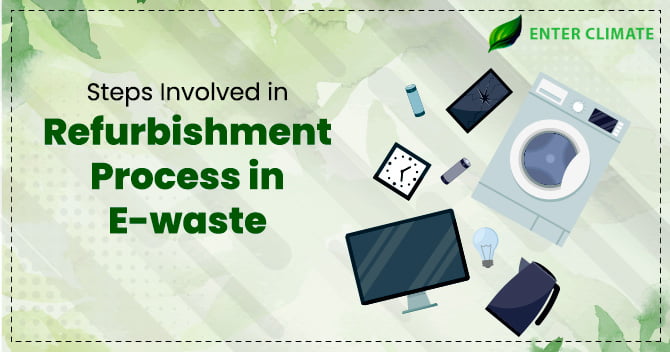
Steps Involved in Refur...
To understand the steps involved in the refurbishment process in the e-waste business, one must first have a clear idea of what refurbishment is. Refurbishment can involve one or all....Read More
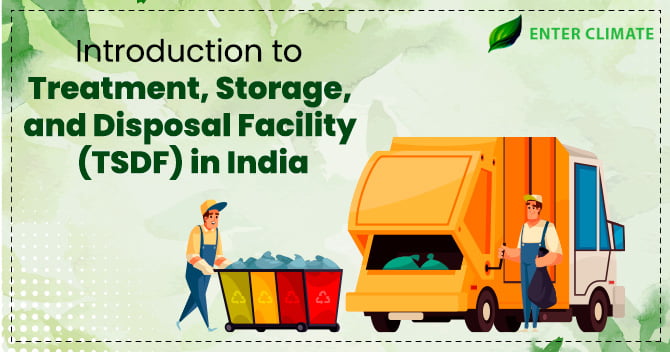
Introduction to Treatm...
Hazardous and Other Wastes (Management & Transboundary Movement) Rules, 2016definesaTreatment, Storage, and Disposal Facility (TSDF) as a dedicated facility for storing, treating, and disposing h....Read More
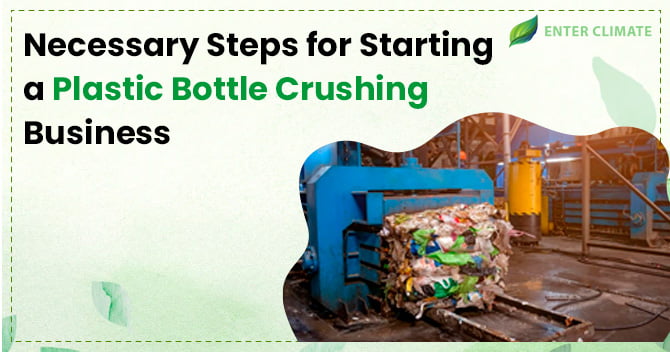
Necessary Steps for Sta...
The plastic bottle crushing business is a lucrative segment in the plastic waste recycling sector. Anyone who works in the plastic recycling business knows the value of PET plastic and....Read More
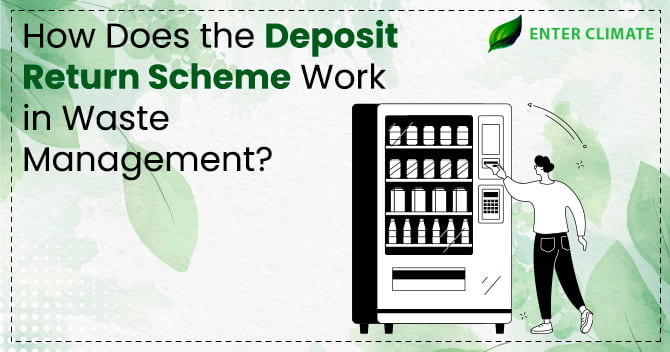
How Does the Deposit Re...
A Deposit Return Scheme or DRS is a system where customers are made to pay a refundable deposit of a small value along with the product’s price, which is repaid....Read More
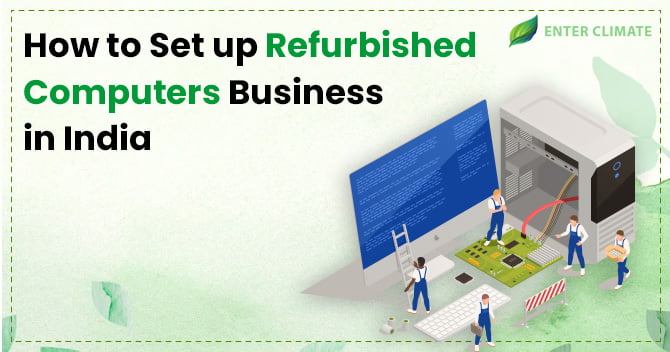
How to Set up Refurbish...
RefurbishingComputers is a profitable business that can be started with comparatively less hassle than other e-waste businesses. A refurbisher can buy old computers and laptops from bulk consumers(pub....Read More











